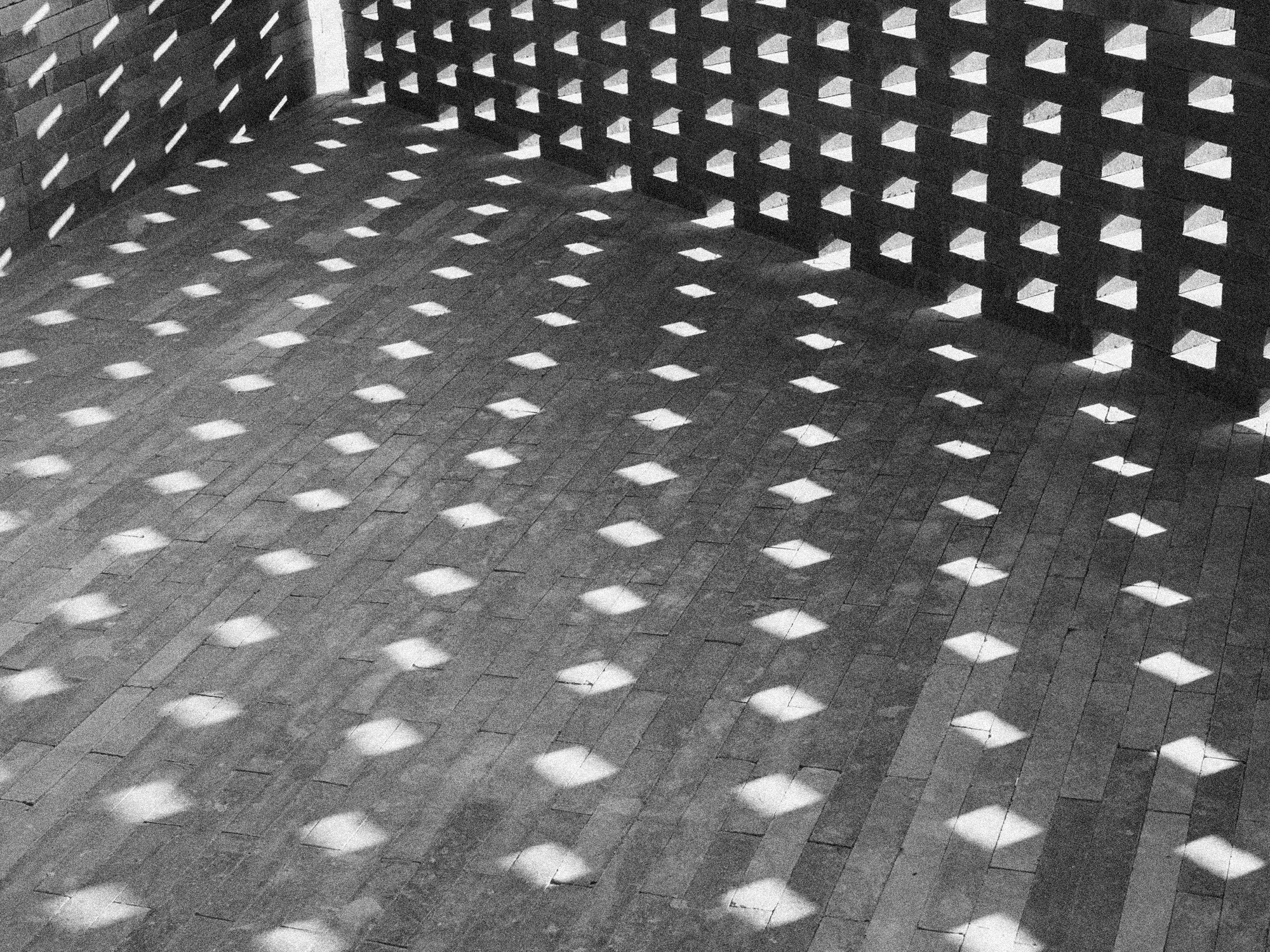POTATO HEAD
Sustainable can be Beautiful,
Sustainable can be Exceptional
Desa Potato Head is a creative village by the ocean where music, art, design, food and wellness play together. Set on the sand and surf of Petitenget Beach, Seminyak, Bali, the property is made-up of Potato Head Beach Club and a hotel, composed of 226 guestrooms. More than a place to visit or stay, the Desa is intended to inspire creativity, balance and progress for the future. Following their simple mantra, “Good Times, Do Good”, sustainability is at the core of Potato Head’s DNA. Their mission is to promote a zero-waste lifestyle without compromise, through products, services, and experiences.
Sustainability Profile • Updated May 2024 by The Punch Team
"We believe that our approach to sustainability has led us to a far better experience for the consumer."
Potato Head
SUSTAINABLE BUILDING & DESIGN
Designed in collaboration with Dutch architectural firm OMA, Potato Head Studios is a marriage of traditional Balinese architecture with contemporary techniques. It is composed of mostly recycled materials — including discarded bricks from Potato Head Suites used in the cement, recycled plastic bottles woven into the ceilings, and material waste from the construction process used to build the floor at the Circle Store and Amphitheatre.
Each room features furniture and amenities made from recycled plastic and planet-friendly materials conceptualised by celebrated British designers Max Lamb and Faye Toogood, whose work is brought to life by Balinese artisans using indigenous materials and techniques, as well as Potato Head’s own Waste Lab — an R&D team dedicated to finding circular solutions. Each guest checking in to the Studios also receives a zero-waste kit, to reduce the use of single-use plastic while starting the conversation about design and waste as a vehicle for change.
The façade of the world-famous Potato Head Beach Club is crafted using 6,600 upcycled antique shutters sourced from around Java.
Located at Desa Potato Head’s Womb entrance, Headstream is a radio station broadcasting shows from local artists and international guest DJs. The window frames, table tops, stools and cabinets in the space are made with pressed panels of recycled HDPE plastic collected from industrial waste.
• Sea Water Reverse Osmosis (SWRO) plant for fresh drinking water
• Sewage Treatment Plant (STP) to enable the reuse of greywater
• Natural ventilation systemharnesses wind power
• Green roofs educe the temperature of the building by retaining water

CONSCIOUS ART
To help promote the idea of a zero-waste lifestyle, Desa Potato Head has collaborated with a selection of globally renowned and local artists to convey the message through art.
• Pointman – River Warrior: A collaboration with NYC street culture icon, FUTURA2000. To construct the piece, 888 kg of plastic was collected from around the island before being reimagined into a striking sculpture showcasing the possibilities of beautiful sustainability.
• 5,000 Lost Soles: Envisioned by German artist Liina Klauss, the installation is made of 5,000 flip-flops that had been washed ashore on Bali’s West Coast beaches. The flip-flops were not coloured or changed in any way; they were merely sorted by colour and rearranged into a new visual reality.
The Womb: Designed by Indonesian artist Nano Uhero, The Womb is a 75 metre tunnel that symbolises the collective journey towards the betterment of the earth.
The Three Naga: A collaboration between Balinese traditional weaver, artist Pak Gus Ari, and contemporary French-Javanese artist Ines Katamso. The installation is based on Balinese Hindu mythology that speaks of the planet’s need for regeneration.
The Three Naga: A collaboration between Balinese traditional weaver, artist Pak Gus Ari, and contemporary French-Javanese artist Ines Katamso. The installation is based on Balinese Hindu mythology that speaks of the planet’s need for regeneration.
Woven Clouds: Situated on the fourth floor of Potato Head Studios, Woven Clouds was created using reclaimed HDPE power fibres by Indonesian artist, Joko Avianto.

SWEET POTATO PROJECT
Born during the COVID-19 lockdown, Desa Potato Head transformed two plots in West Bali into two fully functioning farms in an effort to reconnect the Balinese community with agriculture while providing access to locally grown food. The farms use a method called syntropic farming – a system that mimics the cycles of nature, brings together plants that inherently support each other, and is used around the world to regenerate developed or degraded land. Around 90% of the produce is used to make meals that are distributed among some of the most vulnerable members of Bali’s community – including orphanages on the island and local waste collectors – with the rest used in Desa Potato Head’s operations. The Sweet Potato Project has also created jobs for the local community and Potato Head staff when the hospitality industry was in lockdown.
SWEET POTATO KIDS
The engaging and educational kids’ club is designed to energise the next generation to protect the planet for their future. Exciting workshops include building bamboo kites, recycled toys, and making paints from scratch using sustainable pigments.
WASTE LAB
An in-house research and design studio dedicated to finding innovative solutions to waste. The studio located on-site at Desa Potato Head — is focused on finding new ways to regenerate waste into new materials and products. As part of Potato Head's strive towards a zero-waste operation, surplus materials from daily operations are repurposed in the lab, with daily tours and workshops offered to locals, visitors and guests to help spread the regenerative message.
RESIDUE REDUCTION TO 3%
Desa Potato Head’s in-house team sorts and separates waste and supplies vendors with their own plastic reusable tubs to collect goods and avoid single-use plastic. They work with waste collectors to ensure that they all separate waste in as many areas as possible and inspire chefs and restaurants to share their methods and knowledge to accomplish this.
CARBON NEUTRAL
Desa Potato Head has been Carbon Neutral since 2017. Having worked with a UN carbon offset programme until 2022, they now work directly with Indonesia-based projects to offset their emissions.
LOCAL SUPPORT
The Balinese community is fundamental to what Desa Potato Head do, so supporting and giving back to the locals is a continued focus for the brand. Some of the ways they do this include:
• Supporting social ventures to grow and develop innovations that help manage waste responsibly
• Supporting and promoting local artisans. For example, almost every part of Potato Head Suites was hand-crafted by the best local artisans, from the bricks to the furniture, amenities and decorations
• Supporting local farmers and producers by using locally sourced food wherever possible
WASTED SUWUNG
Potato Head’s next project is to build a bigger collective to help ease Bali’s waste burden. Alongside hospitality industry peers, Potato Head is building a waste centre in Batubelig Banjar. Due to open in 2024, the project will enable partner businesses to reduce the waste they send to landfill, with the aim of rolling out the scheme to other Bali districts in the near future, eventually bringing the island as close as possible to zero waste to landfill.
B CORP
Simply put, this means Potato Head’s efforts to create Good Times while Doing Good have been officially recognised. Gaining the certification was a long and painstaking process, with every aspect of the brand’s operations carefully examined to make sure they can be included among companies that meet “the highest standards of verified social and environmental performance, public transparency, and legal accountability to balance profit and purpose.” Potato Head is proud to have reached this milestone, and they understand the responsibility that comes with it – a commitment to continue raising the bar.
EXPLORE THE PUNCH

